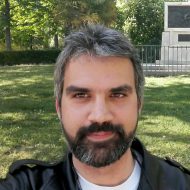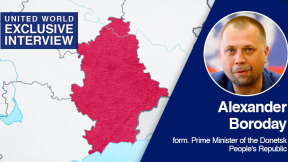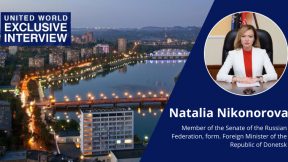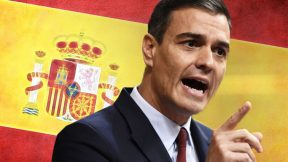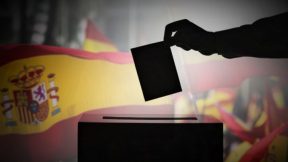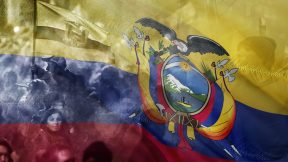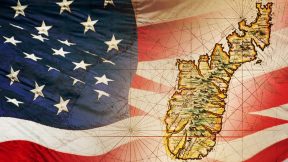
Why are no populist movements emerging in Spain?
The current political situation in Europe and North America, that is, in the “western world”, is marked by the emergence of populist movements. These new political forces question the hegemony of the old parties of the liberal system, who are now threatened with being deposed in elections.
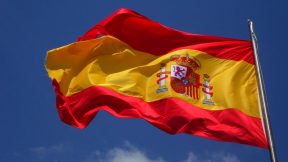
Spain: from the motion of censure to the globalist abyss
On June 1, 2018, something new and unexpected happened in Spain: A victorious motion of censure led Pedro Sánchez (PSOE – Socialist party) to the presidential palace. Sánchez's party only has 84 seats, so to obtain victory in this motion he gathered support from Unidos-Podemos, ERC, PDeCAT, PNV, Bildu, Compromis, and Nueva Canarias, adding 180 seats (absolute majority finds in 176 seats). That is, we now have a minority socialist government supported by communists, and Basque and Catalan separatists. In addition, Pedro Sánchez is not even a deputy in Congress, which is legal but very surprising in terms of electoral legitimacy (leftist parties always speak of legitimacy at the polls, but Sanchez is president by a motion of censure, not by election of people).




